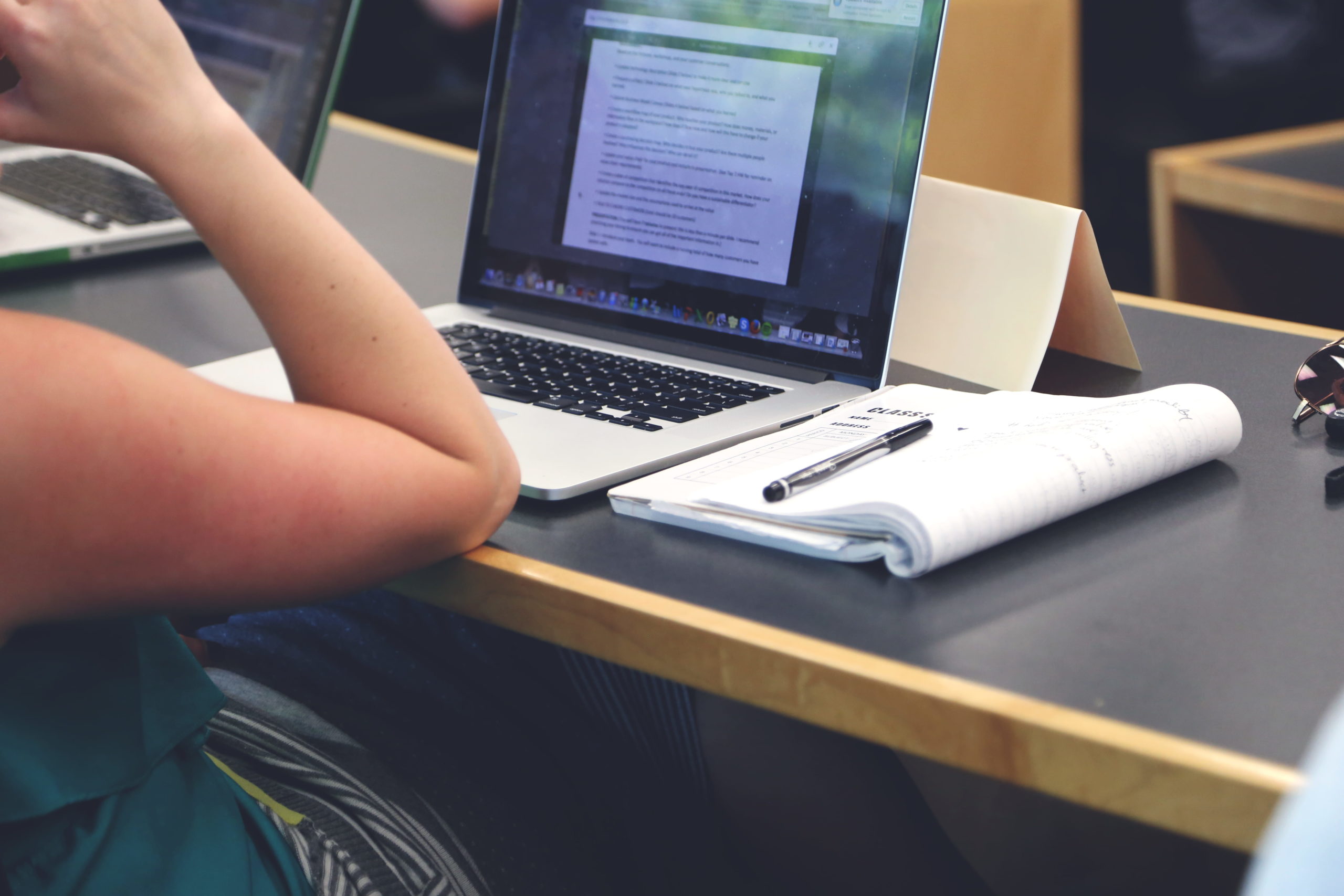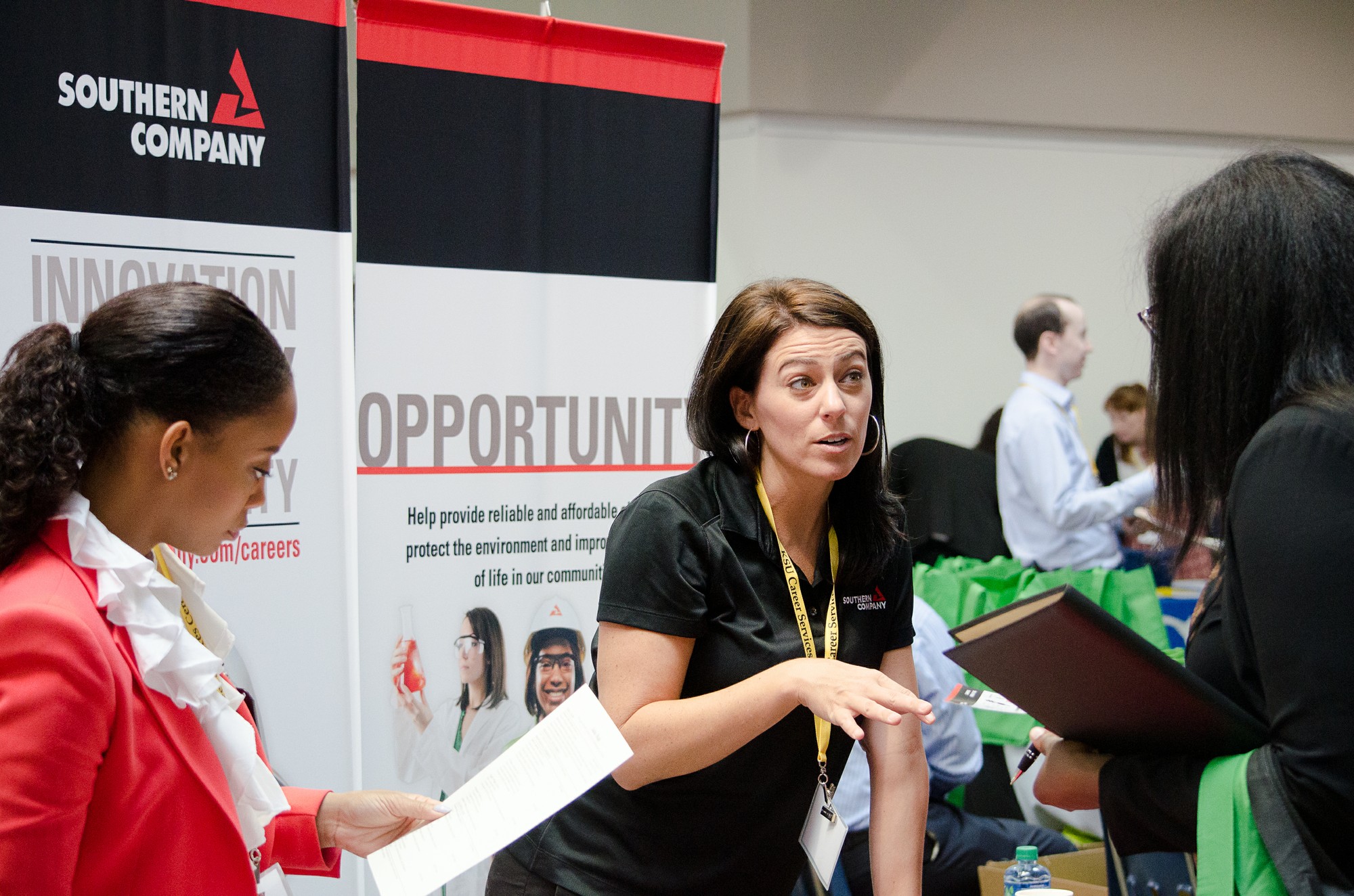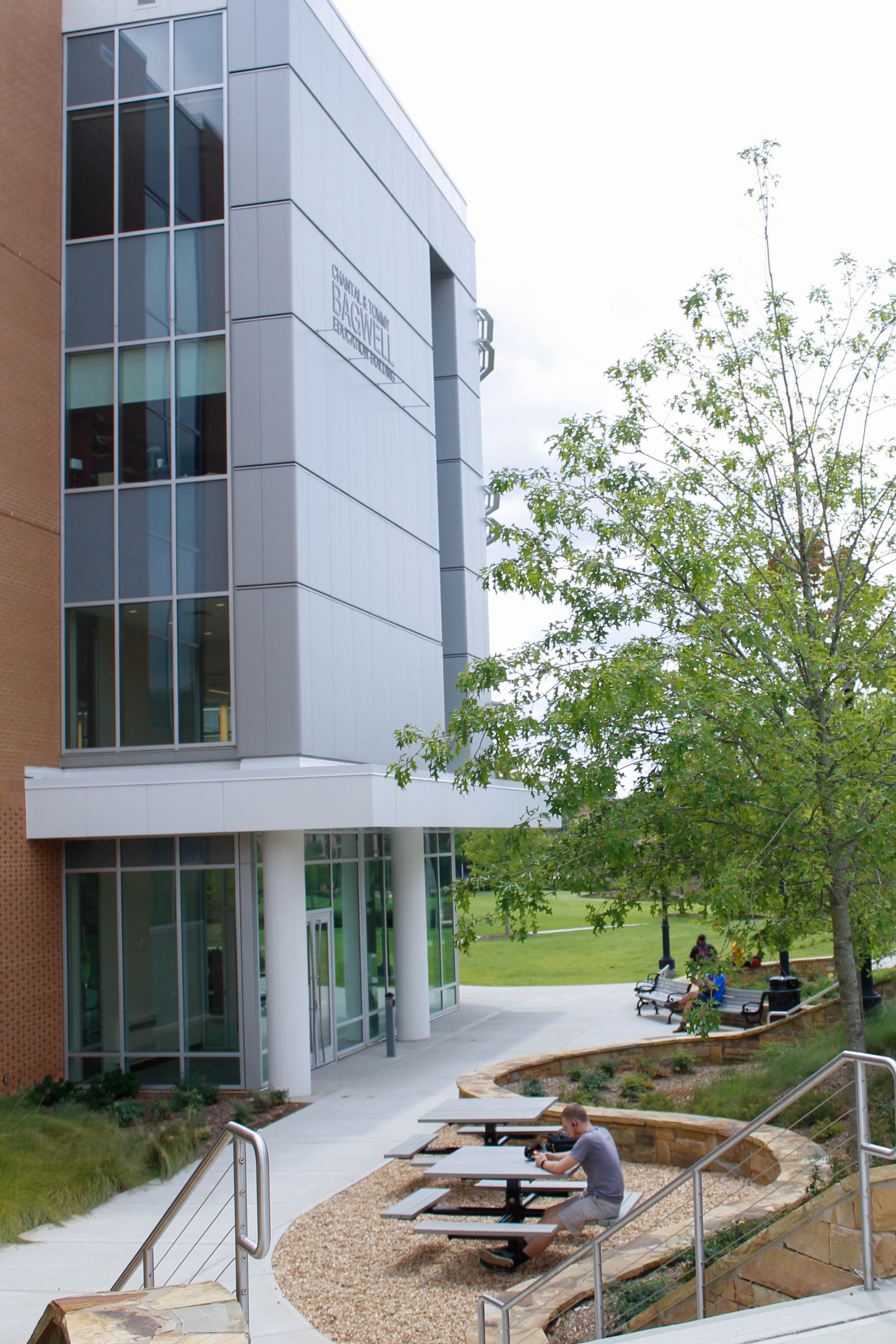As Kennesaw State settles into its fourth week of transitioning to online learning due to the coronavirus pandemic, students and professors are continuing to adapt to virtual schooling.
KSU’s Interim Dean of the College of Science and Mathematics Dr. Marla Bell said that it was necessary to change the structure of lab courses when face-to-face instruction ended for the semester.
“Different types of labs have handled the change differently, but I can give you one example,” Bell said. “In General Chemistry, before the conversion to remote learning, students came to the classroom for two hours and 45 minutes. During this time, they set up an experiment that led them to gather data. This data could then be analyzed and results written up in a lab report.”
Now, the virtual classrooms involve presentations about the concept, which include a video where students can see the experiment happen, Bell said.
Much like face-to-face labs, students are allowed to interact with their instructor and ask questions.
When asked what would happen if students cannot complete the lab for whatever reason, Bell said that those students can work on other labs and have one missing lab grade dropped.
“There has always been a policy stating that students cannot make up labs,” she said. “However, one zero grade can be dropped automatically.”
KSU Professor of finance Dr. Lucy Ackert said her students have helped smooth the transition to online classes.
“My students seem to want to know what expectations are and if there are changes in their responsibilities,” Ackert said. “They are meeting the challenge and while no one enjoys it, they will be ready for other challenges that are thrown in their way.”
While Ackert admits slight changes to her course are unavoidable, she has tried to keep the expectations and requirements of her course unchanged.
“The uncertainty is the world today is difficult for all of us and I feel that a moving target in my course only adds to that,” Ackert said. “Students have enough stress and I do not want to add to that.”
Ackert, who has never taught online prior to the pandemic, worries about academic integrity but has made compromises for online evaluations.
“I think it would be unreasonable to expect students to avoid looking at course materials,” Ackert said. “At the same time, I hope that students value their own integrity too much to cheat by seeking information from another student.”
Sophomore mechanical engineering major Danielle Farrell said that her machining class has a final exam that required students to work on a project in a lab. Since classes are online, she cannot work in the lab and admits she is worried about her grade within the course.
“It’s all got me very worried because I have a timeline laid out to ensure I can graduate next May, and if KSU decides that we just have to take this class over again in an upcoming semester, it delays everything,” Farrell said. “Will I receive a ‘W’ for a class I couldn’t complete because of a plague, and have that mark on my transcript forever?”
Software engineering master’s student James Andrew said that he does not like online classes, as they make it more difficult for him to retain information.
“I paid for in-person classes for a reason,” Andrew said. “I don’t learn well online. Half the time the professor is dealing with the fact [that the] equipment itself [is] screwing up. You can’t easily ask questions. Professors can’t easily write something and show an example on the board. They should make the courses for the year pass-fail and give me back some of the extra money I paid for in-person classes.”
In a statement issued Monday, March 23, University System of Georgia Chancellor Steve Wrigley said the USG will not adopt a pass/fail grading policy, according to the Sentinel. Student government associations at multiple universities had asked the USG to consider a pass/fail policy.
Arielle Robinson contributed to this article.




